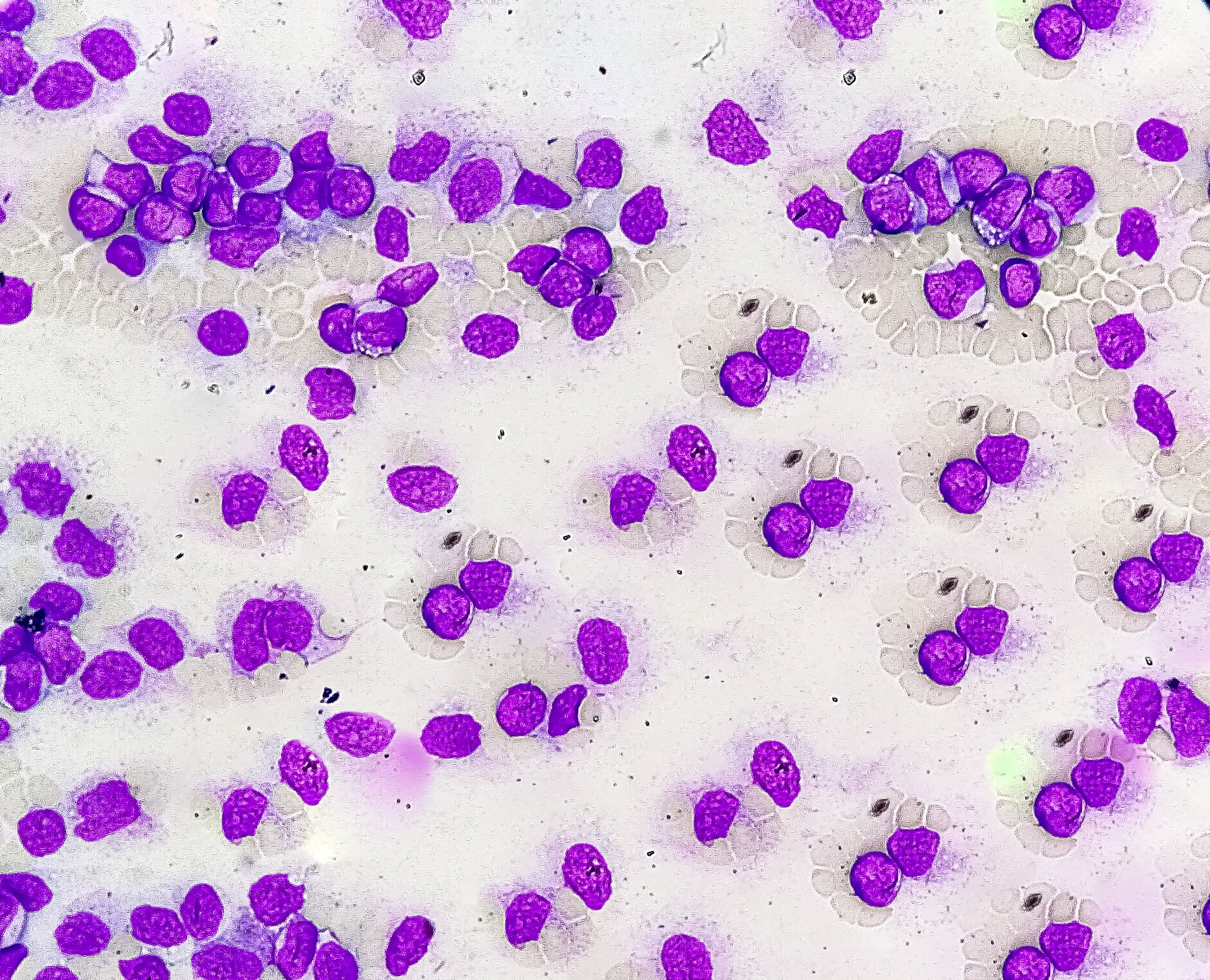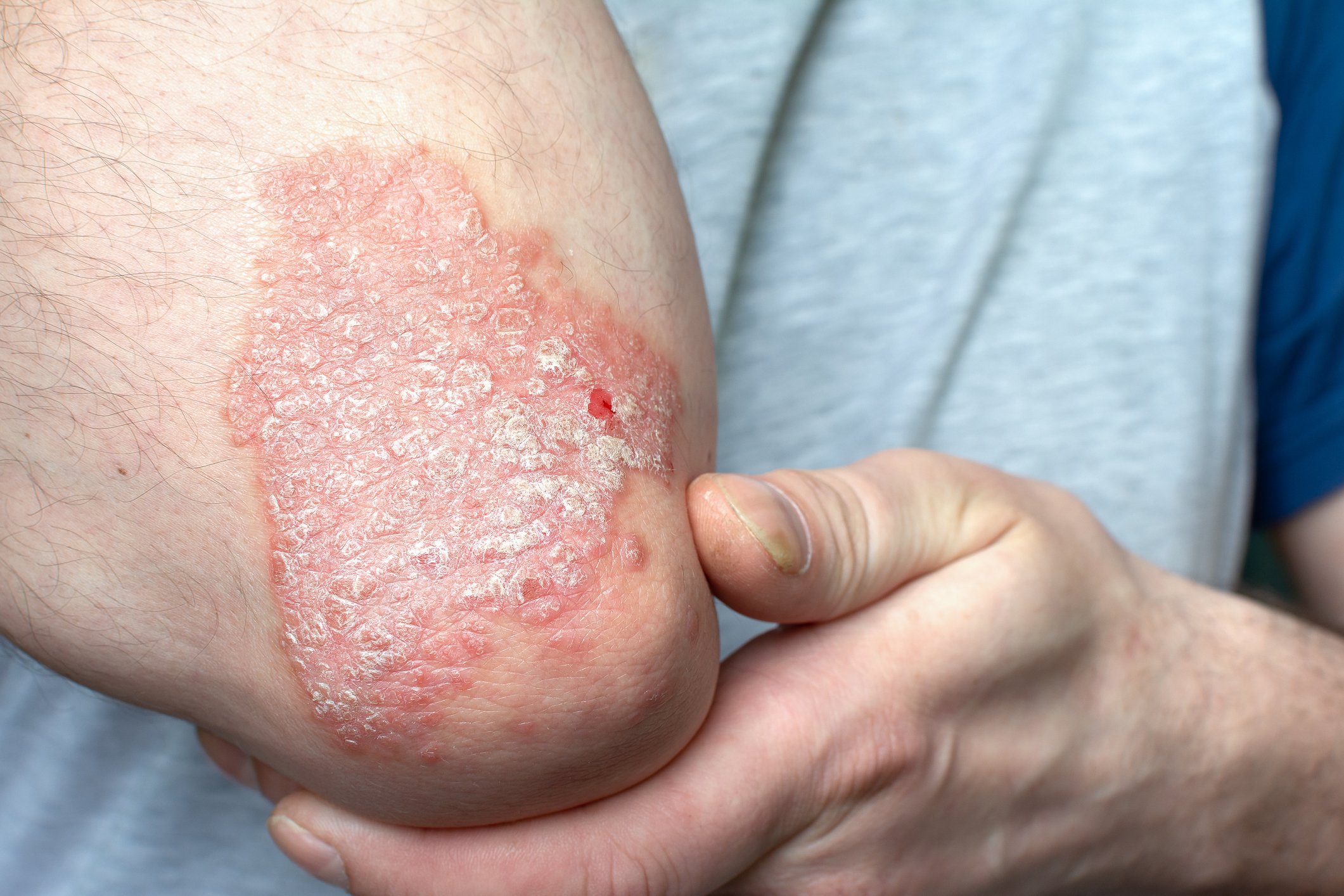Can you reduce the risk of developing multiple sclerosis if you always eat a healthy diet? And are patients who already suffer from MS possibly fitter due to a low fat consumption? At the ACTRIMS-ECTRIMS Congress in Boston, several presentations addressed the relationship between dietary patterns and MS. Much remains to be done. At the moment, healthy eating seems to offer little benefit, at least in terms of prevention. Other presentations were devoted to cannabinoids and their influence on objective signs of spasticity.
(ag) In addition to presentations on eating habits in multiple sclerosis (MS), there was also news on cannabinoids. Sativex® is indicated in Switzerland for symptom improvement in patients with moderate to severe spasticity due to MS. It is used in patients who have not responded adequately to other antispastic therapy. Patients must show clinically significant symptom improvements during an initial trial of therapy. While the cannabinoid active ingredient is also approved in other European countries, this is not the case in the USA: although a subcommittee of the American Academy of Neurology had confirmed in a review [1] in March 2014 that Sativex® may help against subjective spasticity complaints and pain, but the effectiveness according to objective spasticity measurements is rather unlikely.
A study group led by Letizia Leocani, MD, Milan, sought to prove otherwise. To this end, we collected objective and subjective measures of spasticity in a double-blind, controlled study. Participants were 43 persons with progressive MS (approximately half of them women) with a disability score on the EDSS scale of 3.5-6 and clinically proven spasticity (Modified Ashworth Scale [MAS] >1 in one or more extremities). They were randomized to receive Sativex® (2 weeks titrated up, 2 weeks stable dose) or placebo over four weeks. A two-week washout was followed by another blinded four-week crossover phase. The following objective and subjective measures of spasticity were collected at the beginning and end of each phase: MAS, numerical rating scales (NRS) of spasticity and pain, 10-meter walk, fatigue severity scale, and neurophysiological measures (motor-evoked potentials [MEP], H/M ratio, intracortical inhibition/facilitation).
Improvement in MAS, correlation to NRS.
Five patients terminated treatment early. Reasons for this were sometimes dizziness, feeling of weakness and acute pancreatitis. Another four could not be analyzed further due to positive THC urine tests in the washout phase.
MAS scores improved significantly with verum (p=0.009). This improvement was equally significantly correlated with that in spasticity NRS (p=0.025) and almost significantly correlated (p=0.051) with H/M ratio. In addition, the researchers found that there were significantly more MAS responders (i.e., improvement of at least 20%) with verum therapy (41.2 vs. 11.8%, p=0.018). However, apart from the trend in the H/M ratio, there were no relevant differences between the treatment arms or correlations in the neurophysiological measurements. According to the speaker, this is an indication that other spinal and supraspinal processes, which have not yet been studied, may be important in the pathogenesis of spasticity. Nevertheless, this small study had shown that not only factors based on self-report but also clinically objective measures such as MAS can be improved.
Lifestyle and MS
Comorbidities of MS, such as depression, which has a lifetime prevalence of 50%, according to Ruth Ann Marrie, MD, Winnipeg, are increasingly coming into focus. This includes non-mental concomitant factors such as nicotine use, overweight and obesity. They are often found in the life course of people who develop MS and represent modifiable factors that may contribute to predisposition to the condition, but also to its course after onset. “For example, previous work has found a strong association between obesity in adolescence and an increase in risk for MS. It could also influence the phenotype after disease onset. Smoking, in turn, has a detrimental effect on disability progression. In any case, it is important that we come to understand these cofactors and their influence on MS in more detail,” Marrie explained.
One such attempt was made by the research group led by Dalia Rotstein, MD, Boston: They tested the association between certain dietary patterns and the risk of MS. “Previous studies did not allow any clear conclusions, except for vitamin D,” she says. “However, because other chronic diseases have been shown to be associated and obesity is considered a possible cofactor for MS predisposition, we initiated the first large prospective study of diet quality and MS risk. The study examined 185 000 women from the two Nurses Health Studies.” The women had completed a questionnaire about their eating habits every four years. 480 new MS cases occurred since baseline in 1984 (until 2009) – overall a rather low number compared to the total population. From the questionnaires, the researchers calculated measures of several qualitative dietary indices (“healthy eating”). These indices are mainly from cardiovascular disease prevention. The pattern and quality of food intake were determined.
No effect of diet
None of the three dietary indices reviewed was significantly associated with MS risk: Whether the women ate a healthy, high-quality diet had no effect on their risk of developing MS. Two dietary patterns were evident: the authors called them the “Western” and the “Thoughtful” dietary intake. The former consisted of lots of red and processed meat, sugar, and few unprocessed plant nutrients; the latter included lots of vegetables, fruits, whole grains, fish, and poultry. Neither form was associated with MS risk.
“One possible explanation is that the eating habits were collected from adults (the youngest women were 25 years old) and not from adolescents. We assume that inventories at this stage of development would have shown a greater effect,” the speaker explained. “Furthermore, we only collected indices, i.e. the generalized quality of the diet, and not the specific foods. The data were based on self-assessments. Nevertheless, based on this study, we have to assume that dietary patterns considered healthy for cardiovascular health do not confer a benefit in MS.”
Little fat improves fatigue
Another study, also presented at the congress, came to the opposite conclusion. However, this time the focus was not on MS risk, but on the effects of diet on symptomatology. The randomized controlled trial tested a very low fat diet based on plant nutrients (<10% of calories were allowed to come from fat). 61 people with relapsing-remitting MS (RRMS) participated: 32 underwent the diet and 29 were in the control group. The respective medication was continued immediately. Six people each from the first arm and two people from the second broke off. The sample consisted of RRMS patients with an average disease duration of 5.3 years, an EDSS of 2.5, and aged 41 years. At the beginning of the dietary change, the participants were “trained” for the diet for ten days as inpatients.
Under low-fat diet, fatigue improved significantly in both Fatigue Severity (p=0.017) and Modified Fatigue Impact scores (p< 0.001). The researchers also found a trend toward increased quality of life in the SF-36 questionnaire, which tests health-related quality of life (p=0.075). Fatigue benefits were measurable as early as one month after randomization and were sustained throughout the study period (over one year). “We regularly checked the compliance of the two groups. Since it was always good, we can assume that low fat consumption is indeed associated with an improvement in fatigue and possibly also a higher quality of life,” concluded study leader Prof. Vijashree Yadav, MD, Portland.
Source: ACTRIMS-ECTRIMS Congress, September 10-13, 2014, Boston.
Literature:
- Yadav V, et al: Summary of evidence-based guideline: Complementary and alternative medicine in multiple sclerosis. Report of the Guideline Development Subcommittee of the American Academy of Neurology. Neurology 2014; 82(12): 1083-1092.
InFo NEUROLOGY & PSYCHIATRY 2014; 12(6): 44-46.











